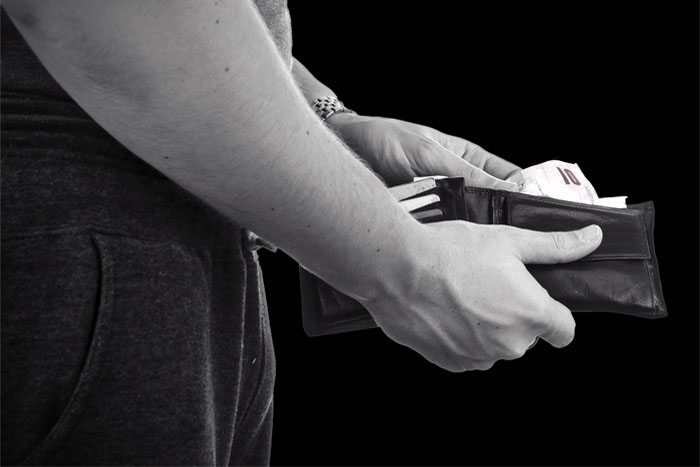‘John’ or Child Rapist? On Holding Buyers of Child Sex Accountable
With as much emphasis as there has been on the crisis of human trafficking recently, there is almost complete disregard for the unfettered demand that is fueling this multibillion dollar industry. It’s time to collectively demand we hold all exploiters of children accountable, both traffickers and buyers of child sex.

There is no doubt that this is an exciting time for the anti-trafficking movement. In 2013, President Obama expressed a commitment to combating human trafficking, declaring it “one of the great human rights causes of our time.” He also reauthorized the Violence Against Women Act, which for the first time since its inception recognized child sex trafficking as a form of sexual violence, and signed the Trafficking Victims Protection Act into law.
There has even been more attention paid to the long overlooked issue of child sex trafficking in the United States—that is, the trafficking of U.S. children—with hearings in both the House and Senate emphasizing the link between foster care and a child’s increased vulnerability to being exploited and trafficked. Meanwhile, a new report from Georgetown Law maps out this dangerous intersection of foster care involvement, sexual abuse, and American girls’ trajectory into a life of exploitation and slavery.
This new momentum on the issue of trafficking reveals a true tipping point in where we are as a movement. But there is one crucial element that is glaringly absent from the discussion. With as much emphasis as there has been on the crisis of human trafficking and its devastating effects on the lives of millions around the world and at home, there is almost complete disregard for the unfettered demand that is fueling this multibillion dollar industry. Yes, we’ve made significant strides in recasting survivors as victims, and yes, we have succeeded in bringing more and more exploiters and traffickers to justice; however, we are still struggling to combat the demand side of this equation by pursuing and deterring buyers.
The House Judiciary Committee recently held a hearing to confront the issue of domestic child sex trafficking. The most powerful segment of the hearing came to light during the testimony of survivor advocate and young woman leader Withelma “T” Ortiz Walker Pettigrew. She courageously detailed the repeated incarceration she suffered—the experience of being locked up for being bought and sold for sex when she was only a child, while the adult men who purchased her for sex were never arrested or prosecuted for their crimes against her. Walker Pettigrew explained:
While in detention, I was so hurt that I was the one who was locked up. It seemed like they always wanted to detain me and my pimp, both people of color, instead of focusing on the buyers who were adults—and primarily white—no one seemed to care about them! It hurt that even when I was released, I knew this cycle would continue because buyers were always going to get what they wanted and get to walk away. Some of them would even pay more knowing I was an adolescent.
Walker Pettigrew’s experiences were corroborated when Reps. Bobby Scott (D-VA) and John Conyers Jr. (D-MI) repeatedly asked representatives from the FBI and state police to describe law enforcement’s response to buyers of child sex. Both FBI and state police representatives explained that buyers are rarely, if ever, apprehended as a matter of law enforcement policy.
It is important to note here the racial implications of failing to hold buyers of child sex accountable—a point that was reinforced by the state police officer’s testimony at the hearing. Traffickers are generally the Black and brown men we already incarcerate. Buyers, on the other hand, tend to be educated, white professionals.
Just as law enforcement must shift its current practices to bring more buyers to justice, so too must the anti-trafficking movement—which takes so much of its language from the anti-slavery abolitionist movement—steer away from perpetrating racial disparities in how we discuss who ought to be criminalized. As a human rights movement, the anti-trafficking community must fight for laws, policies, and practices that hold both the trafficker and the buyer accountable for their crimes.
Much like we do in any other case of child sexual abuse or child rape, those who purchase sex from our children must be brought to justice—and not merely on misdemeanor solicitation charges, but through federal laws that criminalize the purchase of sex with children or state laws criminalizing sex with minors. Because as Walker Pettigrew powerfully makes clear: “This is not prostitution—this is child rape.”
